#sciencewordoftheweek résultats de recherche
#ScienceWordOfTheWeek Homeostasis - The body's way of keeping internal conditions stable, like temperature and hydration.
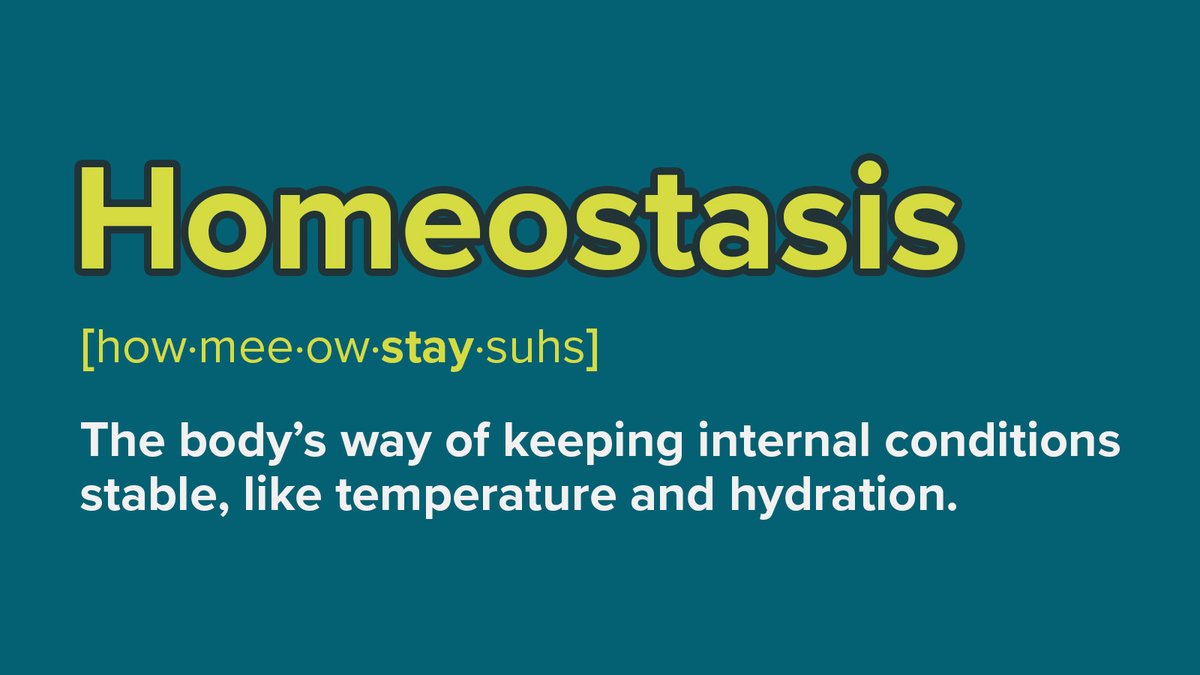
#ScienceWordOfTheWeek 👁️Astigmatism - An eye condition where the cornea or lens has an irregular shape, causing blurred or distorted vision at all distances.
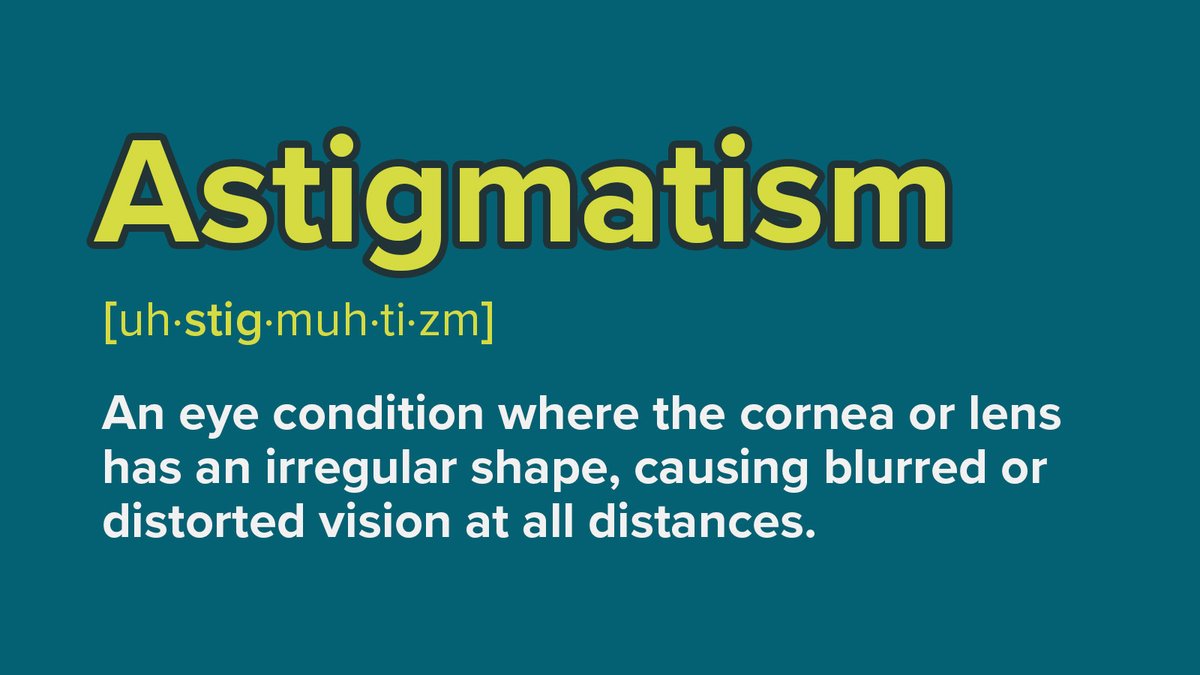
#ScienceWordOfTheWeek Endorphins Natural, morphine-like chemicals produced by the body that act as neurotransmitters to relieve pain, reduce stress and make you feel good.
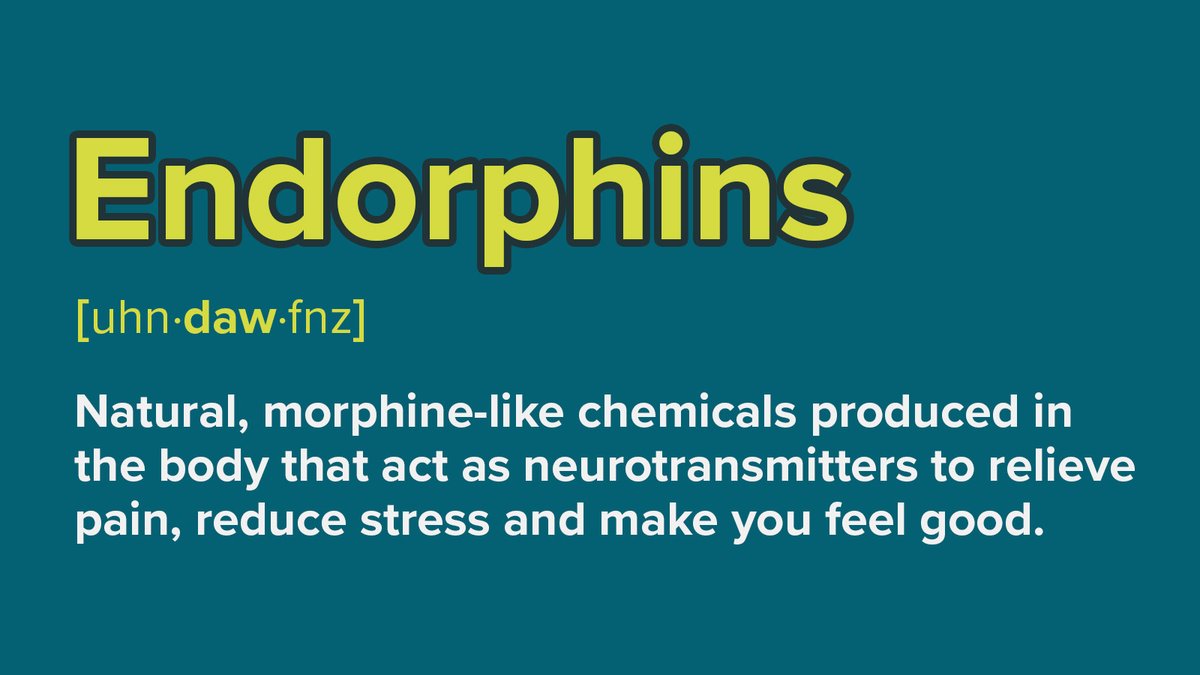
Why can we only see one side of the Moon? @AlexDainis explains with her DIY orrery, which is the Museum of Science and @Dictionarycom #ScienceWordoftheWeek!
Tardigrades are adorable. No, really. 🧸🔬 Dive into the world of water bears and other microorganisms with animalcules, the Museum of Science and @Dictionarycom #ScienceWordoftheWeek with @AlexDainis!
How does a cactus survive with so little water?🌵 It’s a xerophyte, the Museum of Science and @Dictionarycom #ScienceWordofTheWeek with @TheHipHopMD Maynard Okereke!
How many grains of sand are there on Earth? @AlexDainis explains why the answer is immensurable, the Museum of Science and @Dictionarycom #ScienceWordoftheWeek!
Don’t let today’s word bite you! 🦟 Gallinipper is the Museum of Science and @Dictionarycom #ScienceWordoftheWeek, presented by @AlexDainis!
Don’t miss the peak of the Lyrid meteor shower this weekend! Look up at the sky to find its radiant, the Museum of Science and @Dictionarycom #ScienceWordoftheWeek with @AlexDainis!
Ever wonder how sneezing works? 🤧 Explore the weird science of sternutation, the Museum of Science and @Dictionarycom #ScienceWordofTheWeek with @AlexDainis. #WordoftheDay #Biology #Vocabulary
Today’s word is right as rain. ☔ Learn what makes weather pluvial, the Museum of Science and @Dictionarycom #ScienceWordoftheWeek, presented by @AlexDainis!
What's lurking in soil?🪱🔍🌱 Uncover the secrets of dirt with this experiment from @TheHipHopMD that reveals what makes an organism terricolous, the Museum of Science and @Dictionarycom #ScienceWordofTheWeek!
There’s more to the Sun’s emissions than meets the eye. Learn how solar winds create an aurora, the Museum of Science and @Dictionarycom #ScienceWordoftheWeek, presented by @AlexDainis!
We haven’t always known what causes diseases, but we’ve always had theories.🦠 Take a journey through science history with @AlexDainis and learn about miasma, the Museum of Science and @Dictionarycom #ScienceWordoftheWeek!
😴 Ever feel foggy when you wake up? You could be in a hypnopompic state, the Museum of Science and @Dictionarycom #ScienceWordoftheWeek, presented by @AlexDainis!
How do scientists map the parts of the ocean they can’t see clearly? Dive into new underwater depths with turbidity, the Museum of Science and @Dictionarycom #ScienceWordofTheWeek with @TheHipHopMD! #WordOfTheDay #Ocean
You might blame your bad luck on mercury being in retrograde. But what does that mean astronomically? Retrograde is the Museum of Science and @Dictionarycom #ScienceWordofTheWeek with @TheHipHopMD Maynard Okereke!
The Sun is really, really small. Don’t believe us? Learn what makes a star a supergiant, the Museum of Science and @Dictionarycom #ScienceWordofTheWeek with @TheHipHopMD Maynard Okereke!
#ScienceWordOfTheWeek Accretion - The process where matter (like gas and dust) slowly gathers on an object, such as a planet or star, increasing its size.
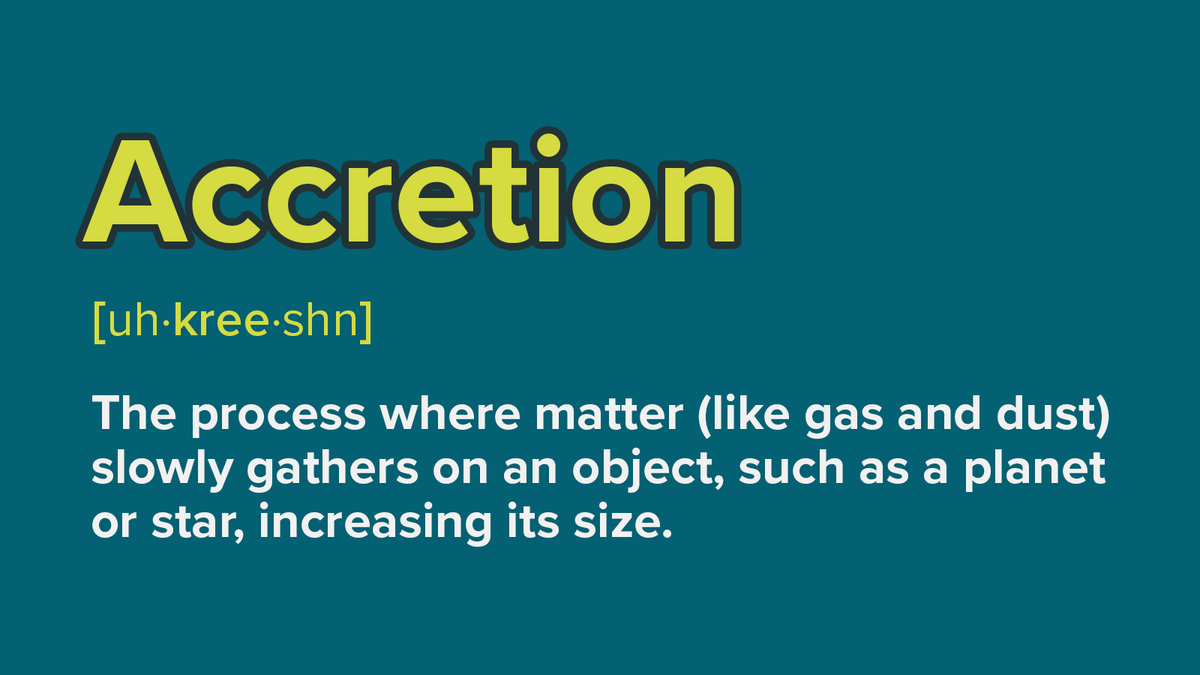
#ScienceWordOfTheWeek Cortisol A steroid hormone produced by the adrenal glands that plays a crucial role in regulating the body's stress response, metabolism, blood pressure, and the sleep-wake cycle.
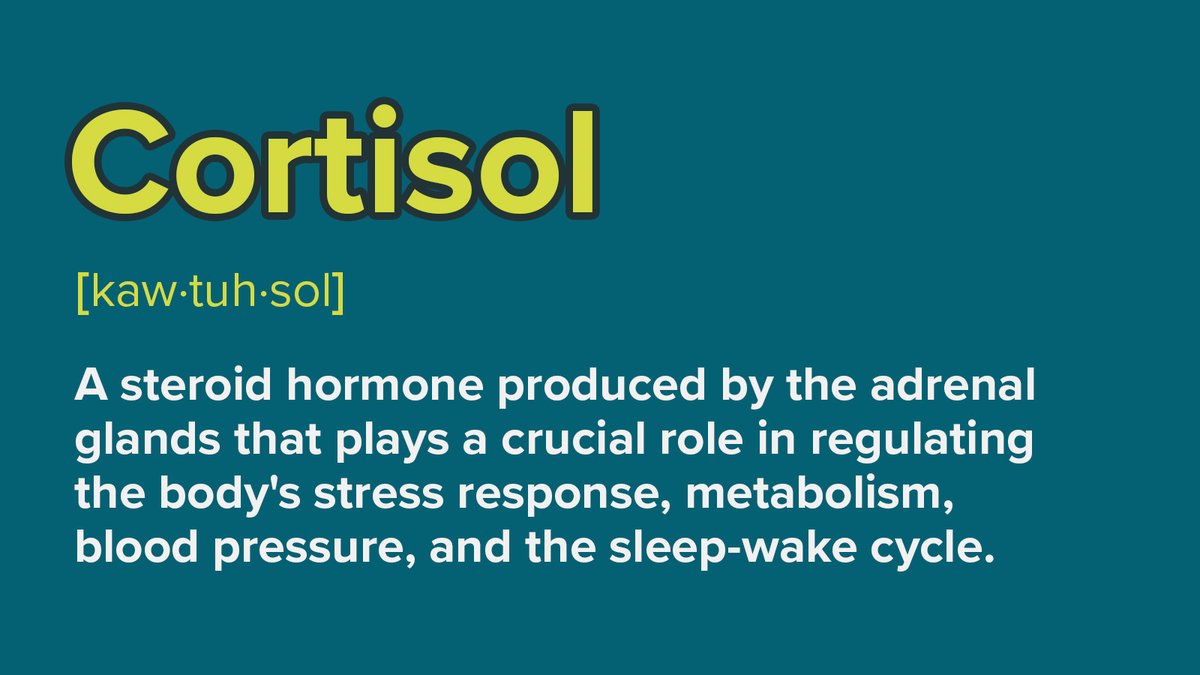
#ScienceWordOfTheWeek Endorphins Natural, morphine-like chemicals produced by the body that act as neurotransmitters to relieve pain, reduce stress and make you feel good.

#ScienceWordOfTheWeek Metabolism The chemical changes within cells or organisms that generate energy and the materials required for growth, reproduction, and overall health.
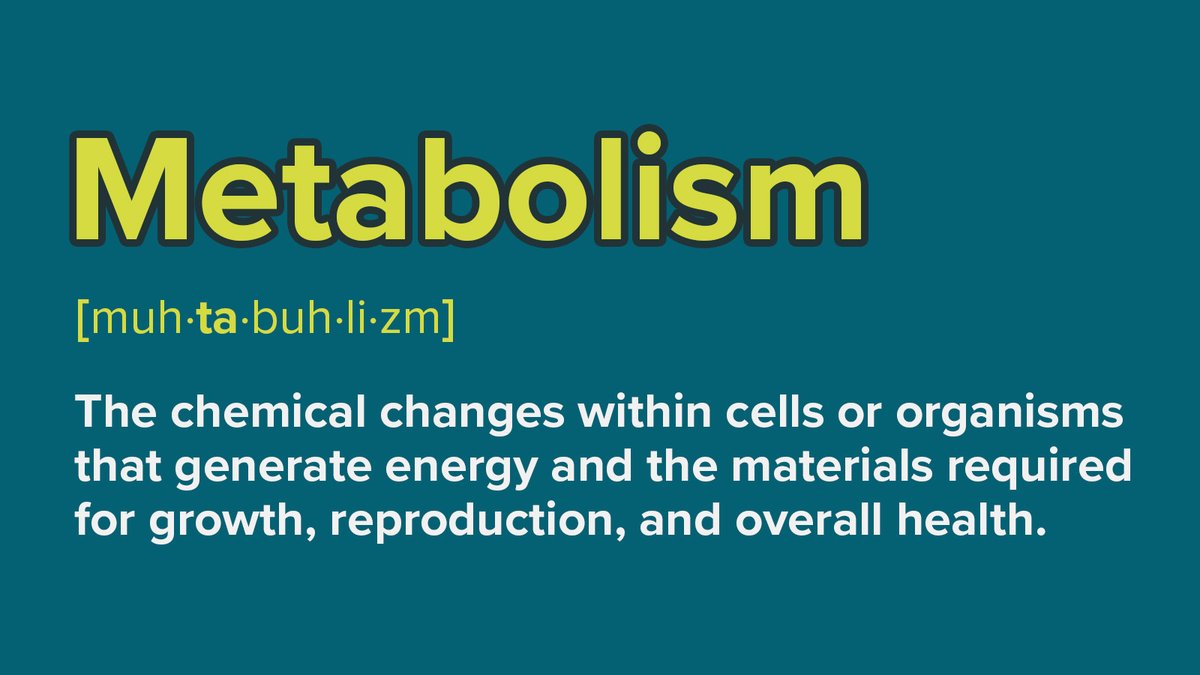
#ScienceWordOfTheWeek Homeostasis - The body's way of keeping internal conditions stable, like temperature and hydration.

#ScienceWordOfTheWeek Aphelion - The point in the orbit of a planet, asteroid, or comet at which it is furthest from the sun.
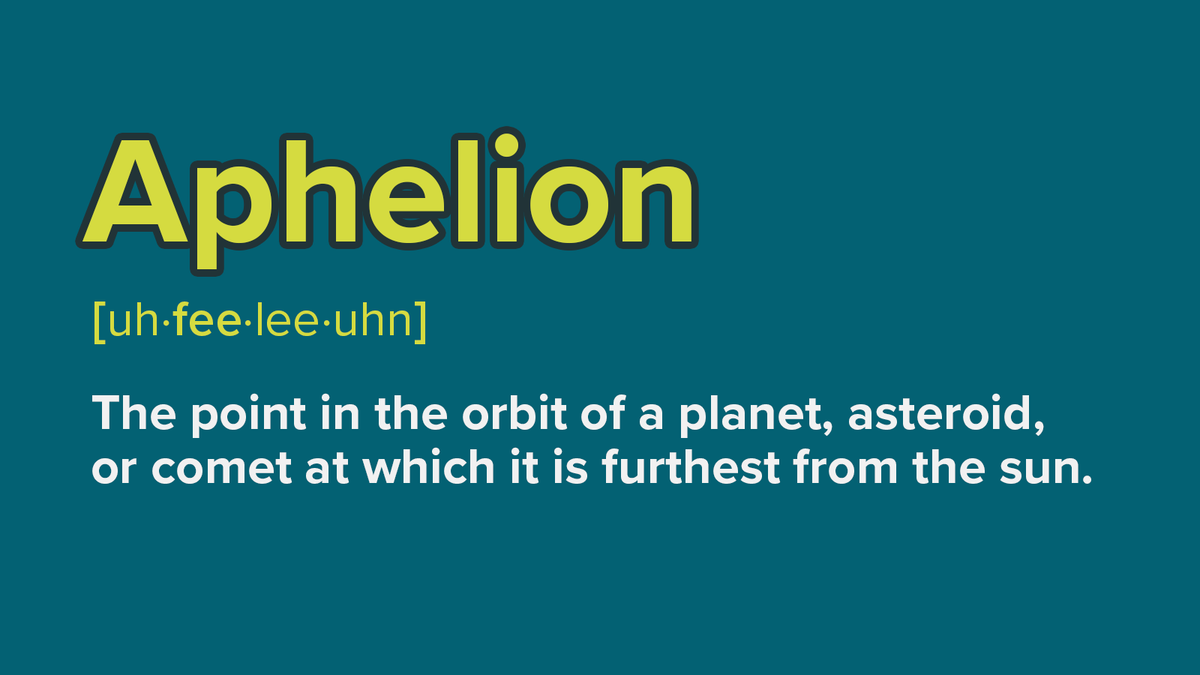
#ScienceWordOfTheWeek Zenith - the imaginary point in the sky directly above an observer, representing the highest point a celestial object can reach.

#ScienceWordOfTheWeek Accretion - The process where matter (like gas and dust) slowly gathers on an object, such as a planet or star, increasing its size.

#ScienceWordOfTheWeek 💧 Viscosity - how thick or sticky a liquid is, and how much it resists flowing. For example, honey has a high viscosity, while water has a low viscosity.

#ScienceWordOfTheWeek 👁️Astigmatism - An eye condition where the cornea or lens has an irregular shape, causing blurred or distorted vision at all distances.

#ScienceWordOfTheWeek 🩸 Capillary - A very tiny blood vessel that connects arteries and veins, allowing blood to pass through tissues and exchange oxygen, nutrients, and waste.
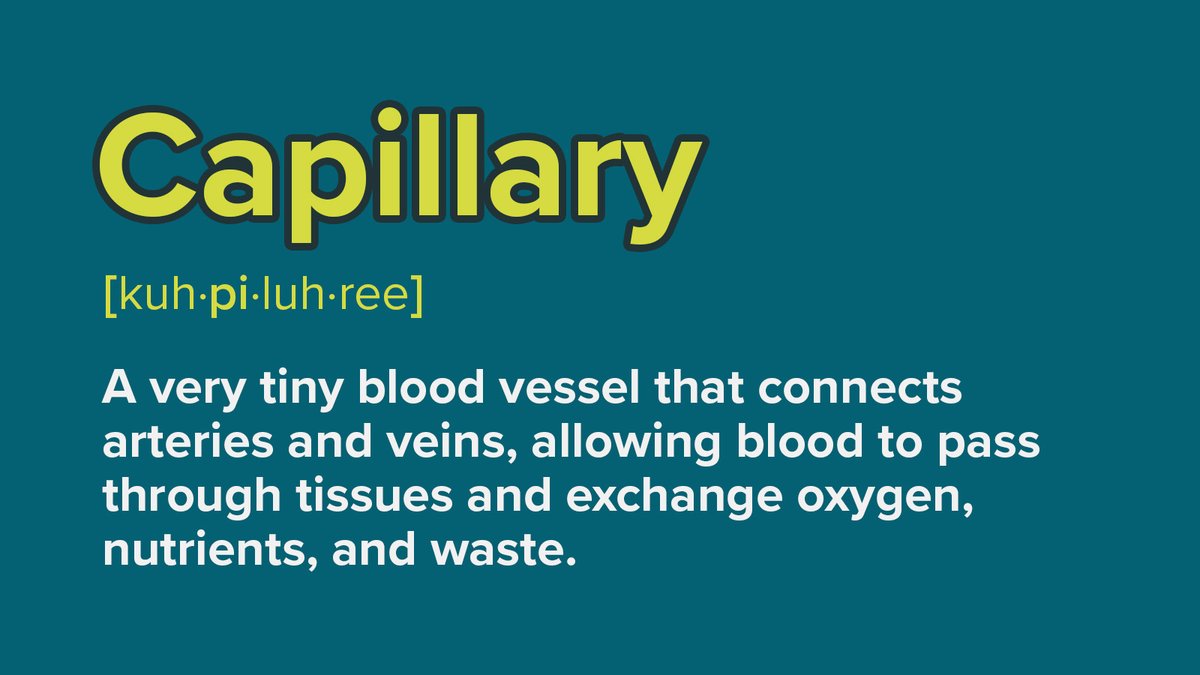
#ScienceWordOfTheWeek ⚙️ Torque - The twisting or turning effect produced when a force is applied at a distance from the point around which something turns, causing it to rotate.
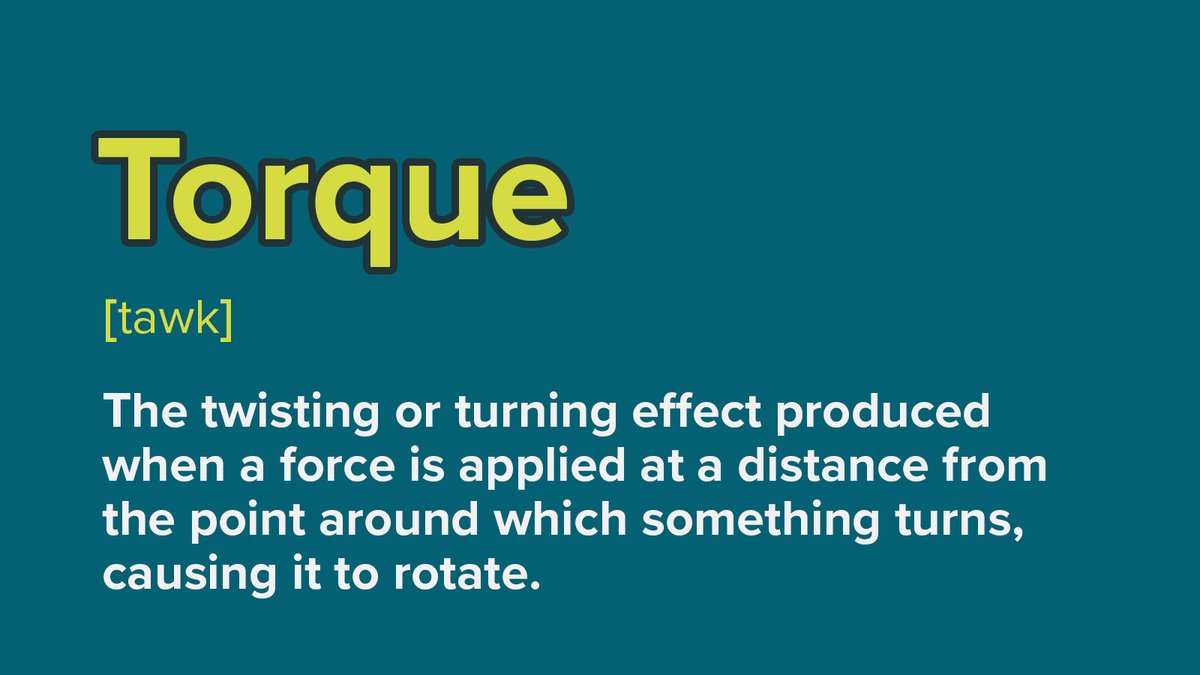
#ScienceWordOfTheWeek Magnetism - A force that makes certain objects attract or repel each other, caused by the movement of electric charges within them.
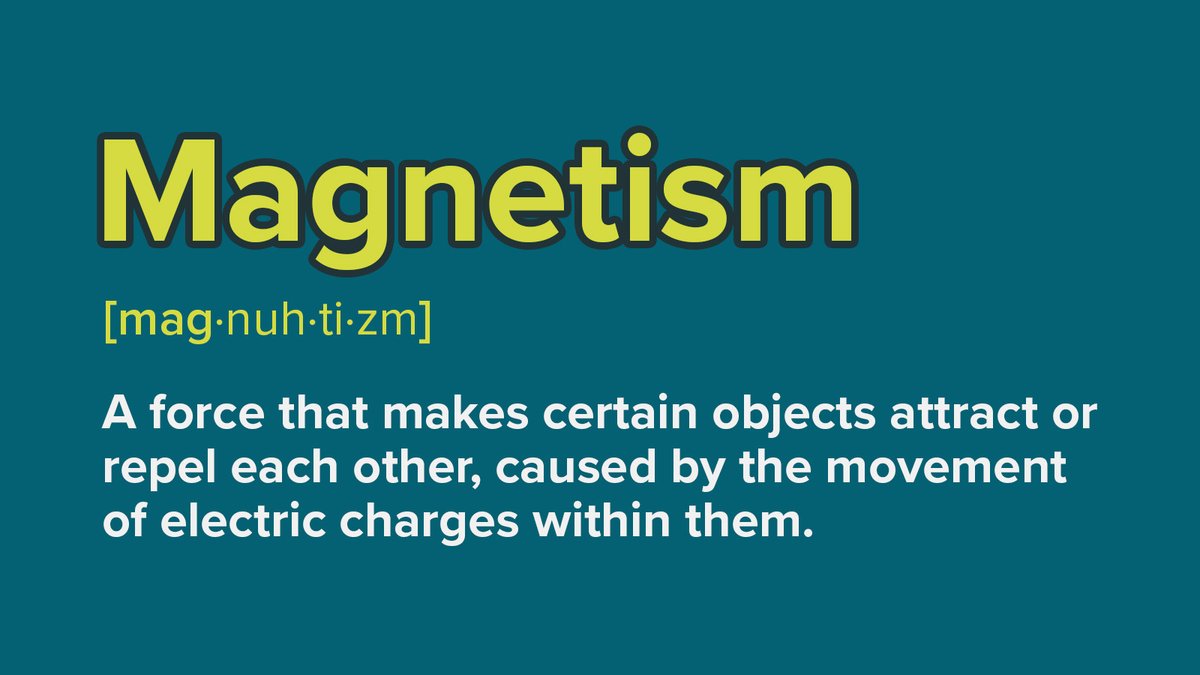
#ScienceWordOfTheWeek Dispersion - The splitting of white light into its separate colours, often seen when light passes through a prism.
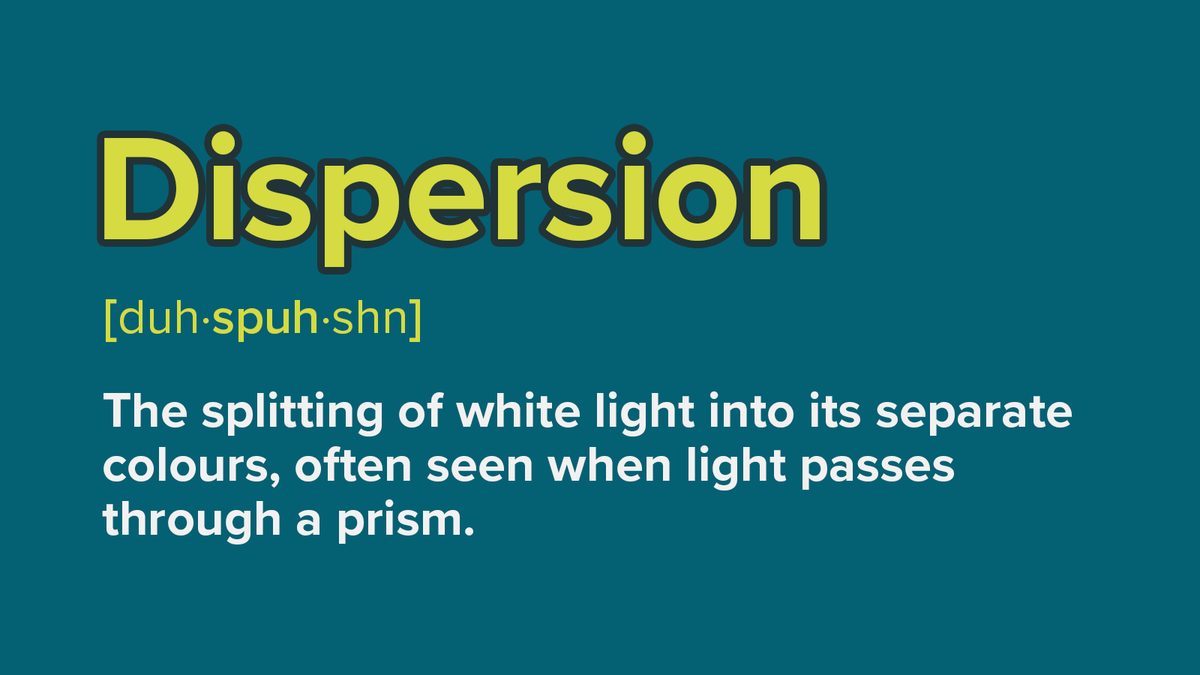
#ScienceWordOfTheWeek Amplitude - the size or height of a wave. In sound, greater amplitude means a louder noise.
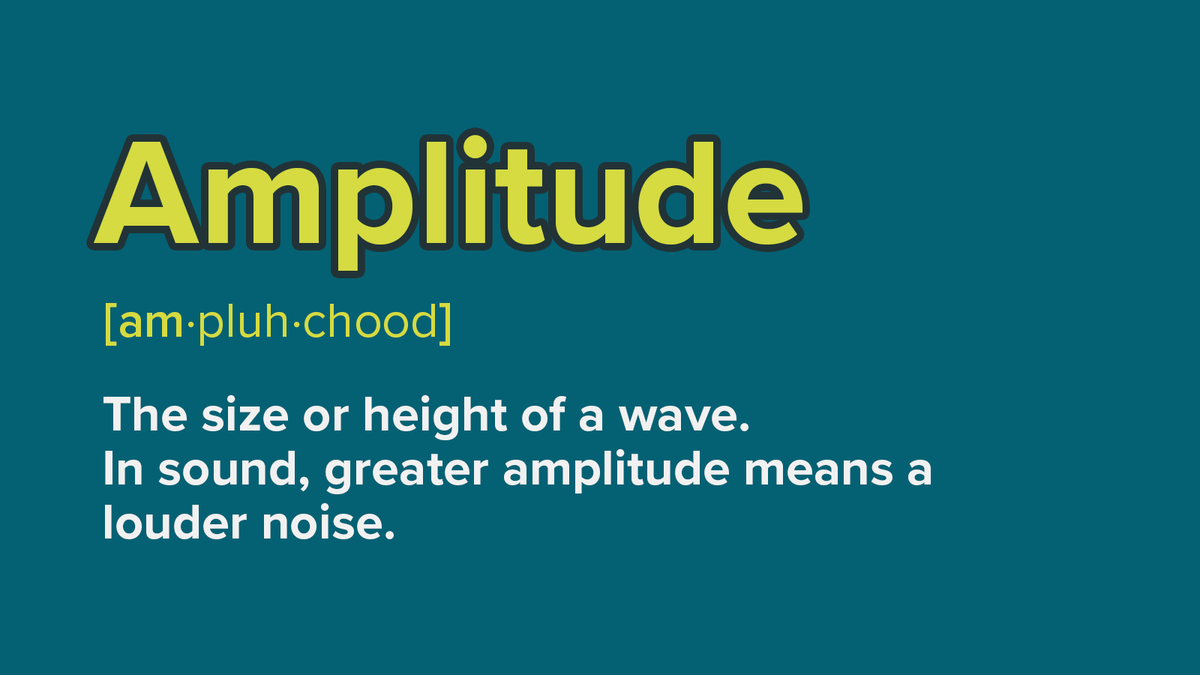
#ScienceWordOfTheWeek Resonance - When something vibrates strongly because it matches the natural frequency of another object - like a glass ringing when a singer hits the right note.
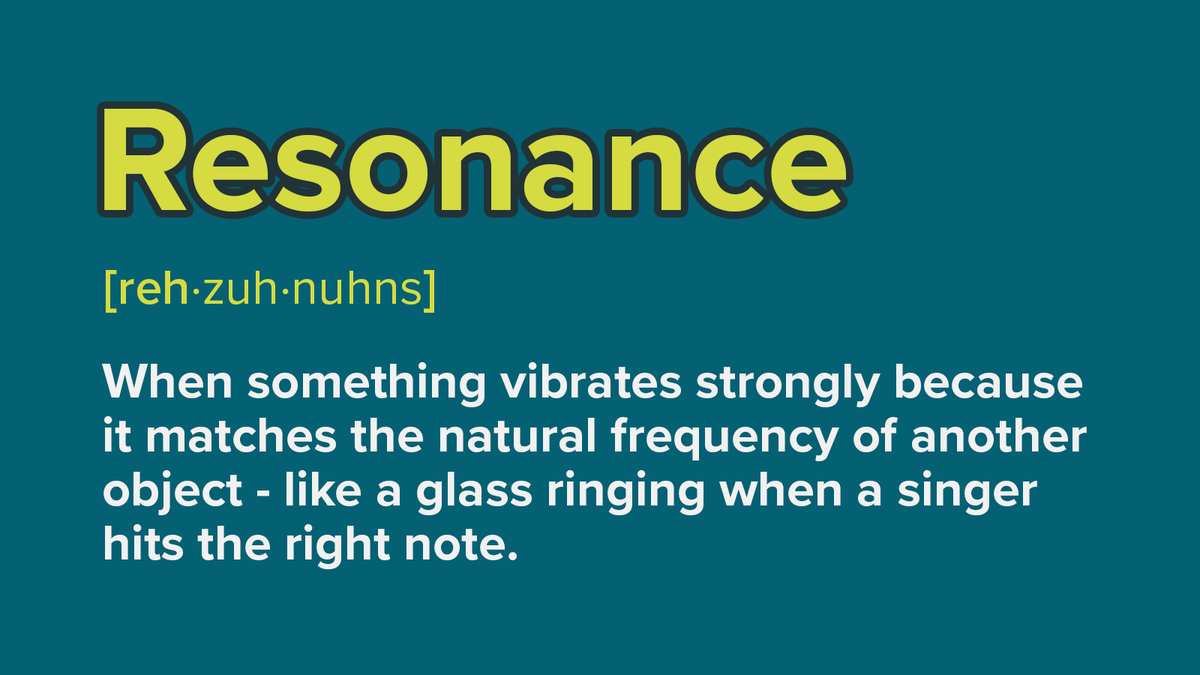
Word of the Future: "Biomimicry" - the practice of designing solutions by emulating nature's time-tested patterns, systems, and strategies. #ScienceWordOfTheWeek #MuseumOfTheFuture

#ScienceWordOfTheWeek Doppler - The effect you hear when a sound changes pitch as it moves towards or away from you. For example: a siren rising and falling
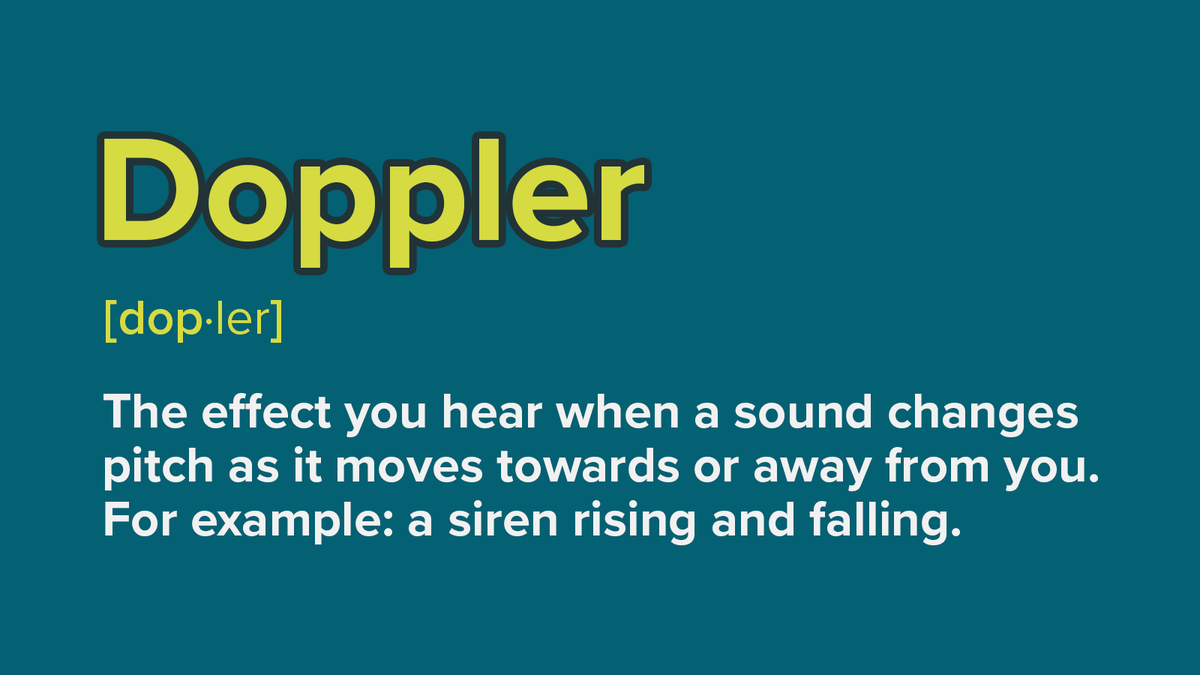
#ScienceWordOfTheWeek 🌡️ Insolation - the amount of incoming solar radiation (sunlight) that reaches the Earth's surface or a specific area over a period of time.
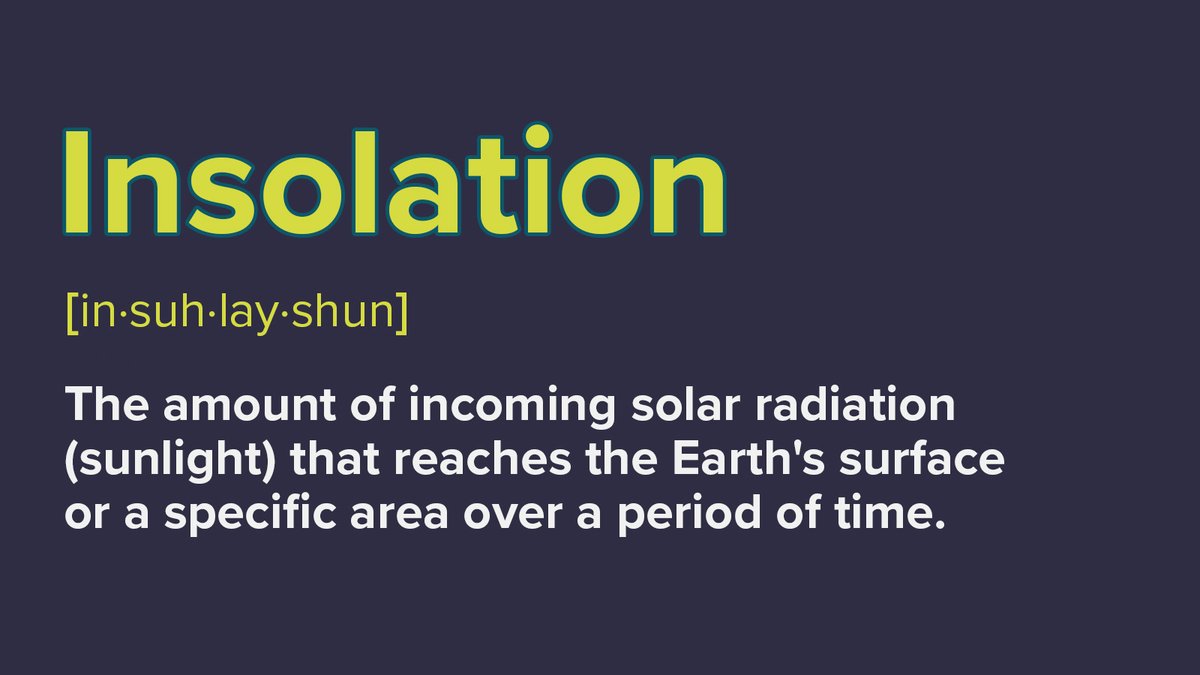
#ScienceWordOfTheWeek 🌤️ Ultraviolet - UV is a form of light, primarily from the Sun, that is invisible to the human eye. It is responsible for effects such as sunburn and the body's vitamin D production.
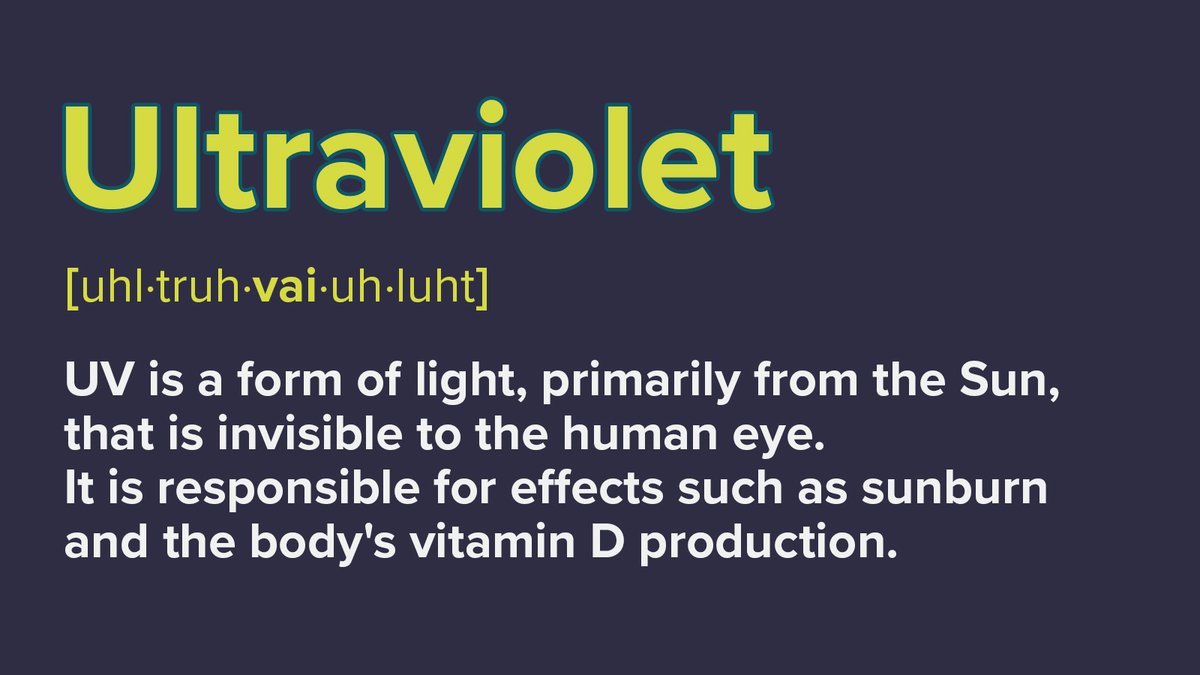
#ScienceWordOfTheWeek Homeostasis - The body's way of keeping internal conditions stable, like temperature and hydration.

#ScienceWordOfTheWeek 👁️Astigmatism - An eye condition where the cornea or lens has an irregular shape, causing blurred or distorted vision at all distances.

#ScienceWordOfTheWeek Metabolism The chemical changes within cells or organisms that generate energy and the materials required for growth, reproduction, and overall health.

#ScienceWordOfTheWeek Endorphins Natural, morphine-like chemicals produced by the body that act as neurotransmitters to relieve pain, reduce stress and make you feel good.

#ScienceWordOfTheWeek Accretion - The process where matter (like gas and dust) slowly gathers on an object, such as a planet or star, increasing its size.

#ScienceWordOfTheWeek 💧 Viscosity - how thick or sticky a liquid is, and how much it resists flowing. For example, honey has a high viscosity, while water has a low viscosity.

#ScienceWordOfTheWeek Zenith - the imaginary point in the sky directly above an observer, representing the highest point a celestial object can reach.

Word of the Future: "Biomimicry" - the practice of designing solutions by emulating nature's time-tested patterns, systems, and strategies. #ScienceWordOfTheWeek #MuseumOfTheFuture

#ScienceWordOfTheWeek Cortisol A steroid hormone produced by the adrenal glands that plays a crucial role in regulating the body's stress response, metabolism, blood pressure, and the sleep-wake cycle.

#ScienceWordOfTheWeek Aphelion - The point in the orbit of a planet, asteroid, or comet at which it is furthest from the sun.

#ScienceWordOfTheWeek Amplitude - the size or height of a wave. In sound, greater amplitude means a louder noise.

#ScienceWordOfTheWeek 🛟 Buoyancy - The upward force by a fluid that opposes the weight of an immersed object, determining if it sinks or floats.
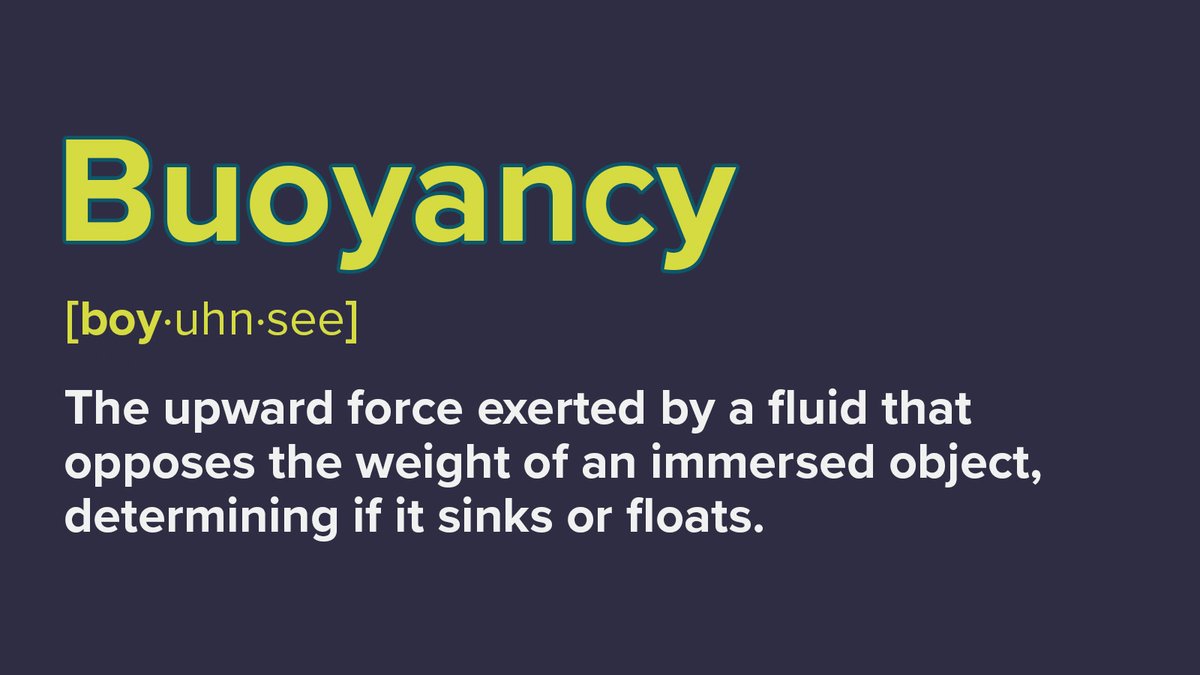
#ScienceWordOfTheWeek 💦 Hydration - The process of absorbing or replenishing water within a living organism in order for it to function correctly.
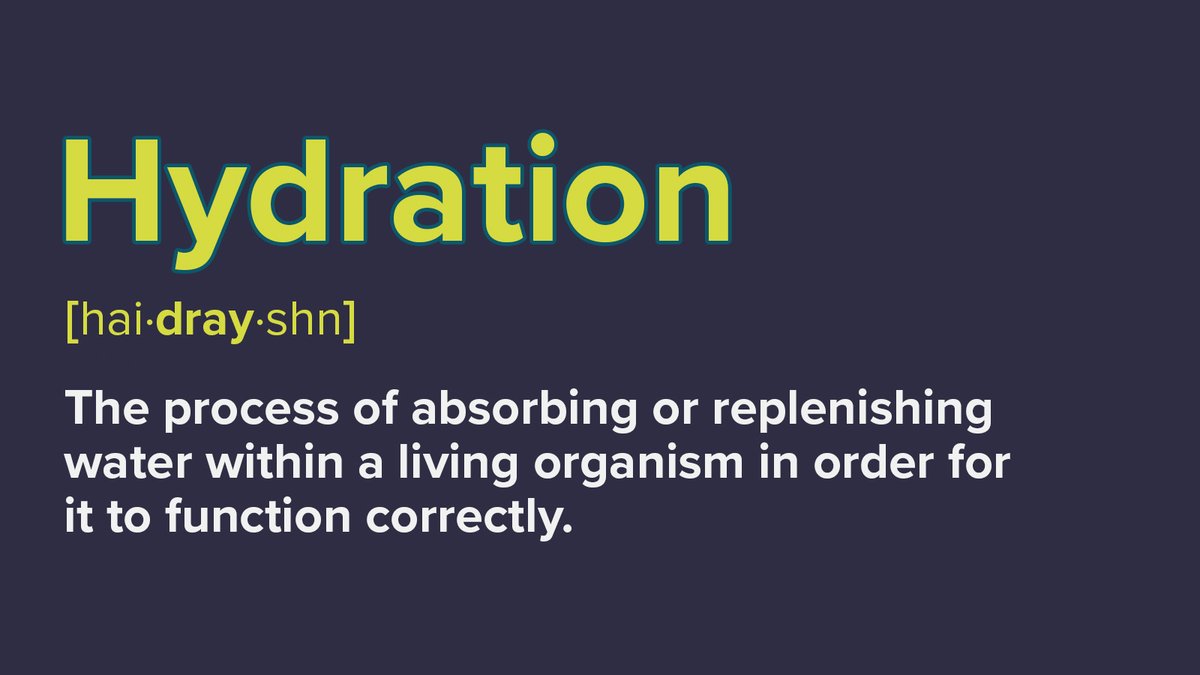
#ScienceWordOfTheWeek Dispersion - The splitting of white light into its separate colours, often seen when light passes through a prism.

#ScienceWordOfTheWeek 🌡️ Insolation - the amount of incoming solar radiation (sunlight) that reaches the Earth's surface or a specific area over a period of time.

#ScienceWordOfTheWeek Doppler - The effect you hear when a sound changes pitch as it moves towards or away from you. For example: a siren rising and falling

#ScienceWordOfTheWeek 🌤️ Ultraviolet - UV is a form of light, primarily from the Sun, that is invisible to the human eye. It is responsible for effects such as sunburn and the body's vitamin D production.

#ScienceWordOfTheWeek Magnetism - A force that makes certain objects attract or repel each other, caused by the movement of electric charges within them.

#ScienceWordOfTheWeek Resonance - When something vibrates strongly because it matches the natural frequency of another object - like a glass ringing when a singer hits the right note.

Something went wrong.
Something went wrong.
United States Trends
- 1. #socideveloper_com N/A
- 2. ARMY Protect The 8thDaesang 55.1K posts
- 3. #DaesangForJin 52K posts
- 4. #2025MAMAVOTE 88.1K posts
- 5. #lip_bomb_RESCENE N/A
- 6. #ENHYPEN 150K posts
- 7. Black Friday 286K posts
- 8. ilya 19.7K posts
- 9. Ravens 60K posts
- 10. Shane 24.1K posts
- 11. Mnet 190K posts
- 12. Lamar 47.5K posts
- 13. Bengals 53.5K posts
- 14. Third World Countries 34.4K posts
- 15. Mr. President 20.7K posts
- 16. Sarah Beckstrom 241K posts
- 17. Joe Burrow 21.8K posts
- 18. Connor 15.4K posts
- 19. Jungwoo 133K posts
- 20. Hudson 12.1K posts




